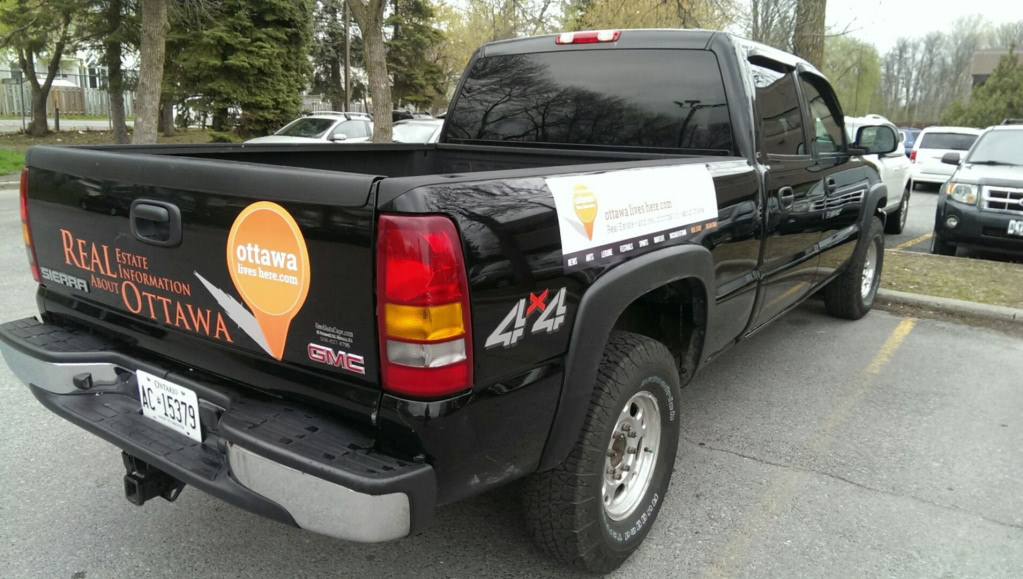Ottawa real estate: House resale shifting towards balance, but not there yet
“It is quite clear that Ottawa’s resale market is shifting away from the blazing pace of 2021.”

Average resale house prices in Ottawa declined for the third straight month in May, but were still eight per cent higher than they were a year earlier, according to data published Friday by the Ottawa Real Estate Board.
Across the city, nearly 1,400 residential properties changed hands in May for an average price of $802,400, down from the all-time peak of $853,600 in March. Also last month, 462 condos were sold for an average $473,000 — still close to the March peak of $479,400.
“It is quite clear that Ottawa’s resale market is shifting away from the blazing pace of 2021,” board president Penny Torontow said, citing higher interest rates and inflation as factors in softening prices.
There were multiple signs in May of a market that was trying to return to normal, though it was not there yet. The number of residential listings at the end of May was 1,645, up 18 per cent year over year and the highest level since November 2019.
Torontow also pointed to a rise in the number of days it took to sell residences from the time they were first listed. The average for properties sold in May was 14 days, compared to 11 in May 2021.
Even so, she added, the resale market is not considered balanced until inventories top at least a month’s worth of sales.
It was three years ago that Ottawa’s resale prices started escalating in a manner that created the imbalance. In May 2019, the average residential resale was just $494,000, and prices were rising less than seven per cent year over year. Since then, the average gain has been nearly $310,000, representing a 63-per-cent increase.
Condos three years ago in May sold for $281,000. By last month, the price had jumped nearly $192,000 for an average hike of 68 per cent.
It’s why the world changed, both for a generation of homeowners who happened to own property in 2019 — and in a negative way for tens of thousands of would-be owners who either paid more than expected to get into the market or were left behind.
The board’s data from May offers some hope they might not be left behind forever.











